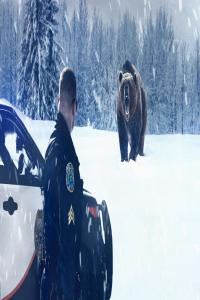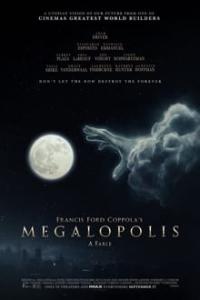Torrent details for "Knight D. A Companion to the Physical Sciences 2016 [andryold1]" Log in to bookmark
Controls:
External index by SiteBot Verified
Category:
Language:
 English
EnglishTotal Size:
453.93 MB
Info Hash:
083beb1f221bab210c14fce74ffd2e68e39d439b
Added By:
Added:
06-07-2024 11:45
Views:
86
Health:

Seeds:
30
Leechers:
4
Completed:
149
Textbook in PDF formatExternally indexed torrent If you are the original uploader, contact staff to have it moved to your account
This book is addressed to anybody interested in the place of the physical sciences in our culture: and it is written in the belief that fundamental explanation in human affairs is historical. Historians of science do not fit easily into any specialised department of knowledge, but the questions aired here are those with which most of them are concerned. They involve the careers of scientists, their beliefs and those of society about science, as well as the origin and development of scientific theories. Because the life sciences were written up in Peter and Jean Medawar’s Aristotle to Zoos (OUP, Oxford, 1985) they are not systematically discussed here though many of our topics are as relevant to natural history as to what used to be called natural philosophy. Much physical science is obscure, and to master it requires skills in mathematics and experiment but the lives and minds of scientists are not substantially different from those of the rest of us. Science is a human activity, and much of it can be understood by those who do not need to practice it it is a great mistake to see it as a mystery, or indeed as something which will solve all a nation’s problems. Many of the entries here thus discuss scientists as much as science and like the demonstration-lectures of the nineteenth century, the book is written in the hope that entertainment and instruction go together.
A lexicographer is a harmless drudge, but this is not simply a Dictionary of the History of Science there is already one, edited by W. F. Bynum, E. J. Browne and R. Porter (Macmillan, London, 1981), just as there are dictionaries of the various sciences in which exact definitions of technical terms are to be found. The entries here are more discursive than in most dictionaries, and the book is intended as much for browsing in as for rapid consultation. Nor is it biographical: for that, see T. I. Williams (ed.), A Biographical Dictionary of Scientists (A & C Black, London, 1969) and the multi-volume C. C. Gillispie (ed.), Dictionary of Scientific Biography (Charles Scribner’s Sons, New York, 1970–85). For those who want more information, there are citations at the end of some articles to recent writings. Those, and I hope there will be many, who become interested in the history of science will find that there are national societies concerned with it that in Britain publishes the British Journal for the History of Science (BJHS for short), and that in the USA, Isis. The Society for the History of Alchemy and Chemistry publishes Ambix and the Newcomen Society for the History of Technology publishes its Transactions. In addition, there are journals like History of Science and Annals of Science not associated with a society.
No book is unalloyed fun to write, as the original idea has to be veiled in words but this one has been more fun than most. I am very grateful for the support of colleagues in the University of Durham, which has committed itself to the History of Science as a field of study of my friends especially in the British Society for the History of Science and of my family who have as usual been very long-suffering. None of them should be blamed for the result















































